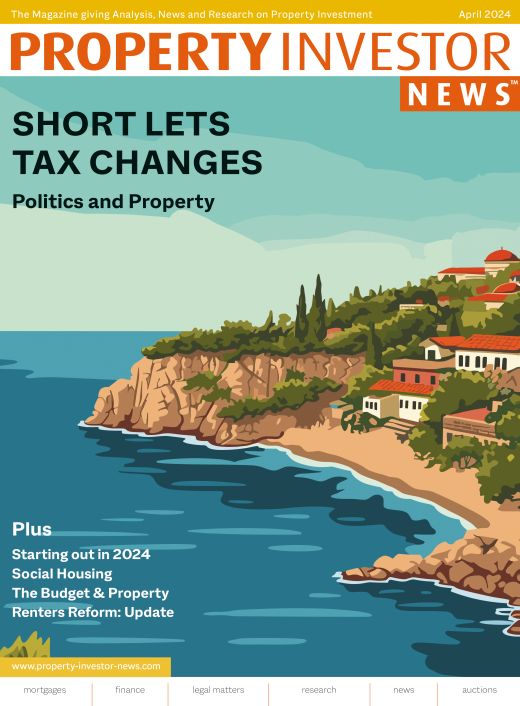The credit performance of U.K. mortgage borrowers could deteriorate in a wide range of economic scenarios - including not only a renewed recession, but also by a stronger economic recovery accompanied by rising interest rates, according to a recent report from Standard & Poors Ratings Services (S & P).
U.K. mortgage arrears and repossession rates have declined modestly since mid-2009, but some market commentators have questioned whether the record low interest rates are keeping mortgage arrears levels artificially suppressed.
"Rate rises seemed imminent in the first half of 2011, raising concerns that some borrowers might start struggling to make their mortgage payments," said S & P’s credit analyst Mark Boyce. "More recently, however, mounting evidence of stagnation
in the U.K. economy has turned the spotlight away from rising interest rates and onto the possibility of a double-dip recession, which would likely bring higher unemployment and renewed weakness in house prices," he said.
The study looked at three scenarios in the analysis: baseline, pessimistic, and optimistic.
"Under the baseline scenario of a slow economic recovery and with eventual interest rate rises over the next two to three years, we believe the proportion of U.K. mortgage borrowers in severe arrears could rise by more than a fifth," Boyce said. “In the pessimistic scenario, which assumed a renewed economic downturn, arrears and repossession rates could almost double, surpassing their 2009 peak.”
Boyce added: "But even in an optimistic scenario - where the economic recovery picks up - we found that arrears and repossession rates could increase due to higher interest rates."
According to S & P’s analysis, relatively modest interest rate rises could cause mortgage arrears to increase substantially, all else being equal. For example, the report states that ‘a 1% rise in the average SVR over the next two years could cause arrears to rise by 26%, and the repossession rate to increase by almost 40% - if other factors do not change.’
The monthly magazine providing news analysis and professional research for the discerning private
investor/landlord
























